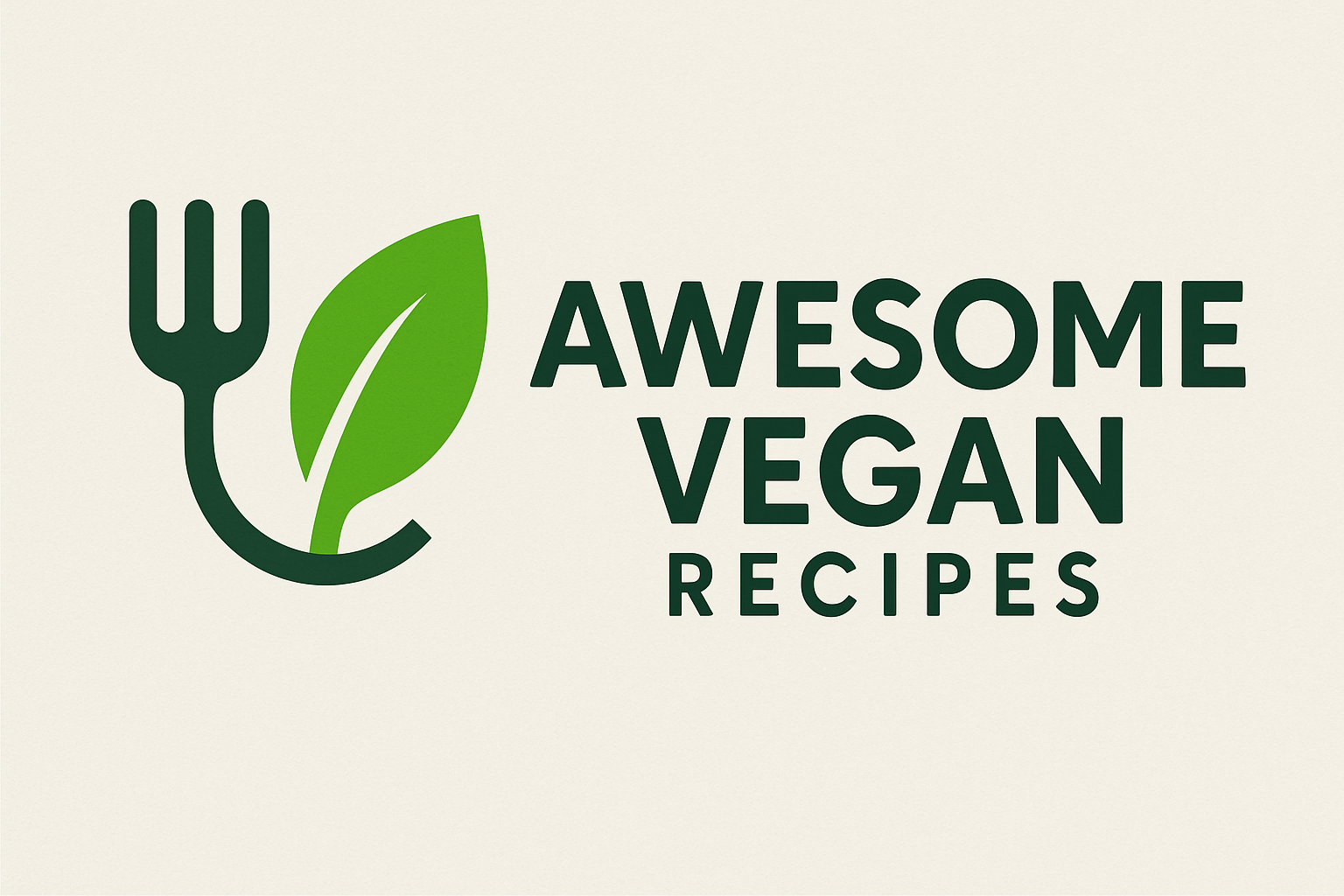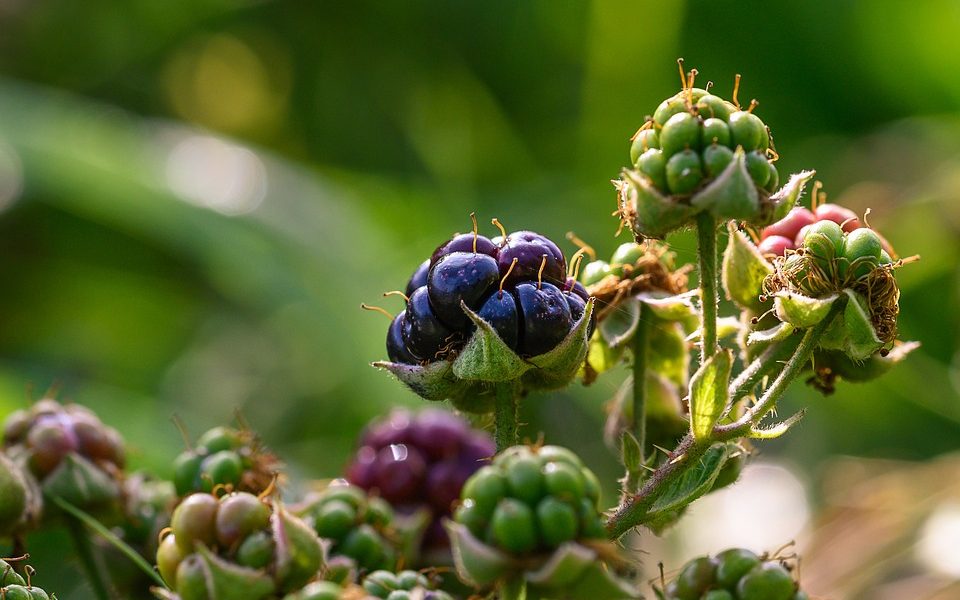The Surprising Connection Between Vegan Nutrition and Psoriasis Relief
The Surprising Connection Between Vegan Nutrition and Psoriasis Relief
Psoriasis is a chronic autoimmune condition that causes inflammation and the rapid growth of skin cells. It can result in itchy, painful, and sometimes embarrassing patches of thick, red skin. While there is no cure for psoriasis, there are ways to manage the symptoms and improve quality of life. One surprising approach that has shown promise in managing psoriasis symptoms is following a vegan diet.
What is Psoriasis?
Psoriasis is a complex condition that affects the skin and sometimes the joints. It is caused by an overactive immune system that triggers inflammation and the rapid turnover of skin cells. This can lead to the formation of red, scaly patches of skin known as plaques.
The exact cause of psoriasis is not fully understood, but it is believed to be a combination of genetic and environmental factors. Triggers for psoriasis flare-ups can vary from person to person and may include stress, infections, certain medications, and dietary factors.
How Can a Vegan Diet Help with Psoriasis?
While there is no definitive scientific evidence that veganism can cure psoriasis, there are several ways in which a plant-based diet can potentially help manage the symptoms of the condition.
1. Anti-inflammatory Properties
Many plant-based foods are rich in anti-inflammatory compounds, such as antioxidants and phytochemicals. These compounds can help reduce inflammation in the body, which is a key factor in the development and progression of psoriasis.
2. Improved Gut Health
Research has shown that there is a strong connection between gut health and autoimmune conditions like psoriasis. A vegan diet that is high in fiber and plant-based foods can promote a healthy gut microbiome, which may help reduce inflammation and improve immune function.
3. Weight Management
Obesity is a risk factor for psoriasis and can also exacerbate symptoms. A vegan diet that is low in saturated fats and high in fiber can help with weight management, which may in turn help improve psoriasis symptoms.
4. Reduced Triggers
Certain foods, such as dairy, gluten, and processed meats, have been known to trigger psoriasis flare-ups in some individuals. By following a vegan diet, you can eliminate these common triggers and potentially reduce the frequency and severity of flare-ups.
5. Focus on Whole Foods
A vegan diet that is centered around whole, plant-based foods is naturally rich in vitamins, minerals, and essential nutrients that support overall health and well-being. This can help strengthen the immune system and improve skin health, which may have a positive impact on psoriasis symptoms.
Tips for Following a Vegan Diet for Psoriasis Relief
If you are considering adopting a vegan diet to help manage your psoriasis symptoms, here are some tips to keep in mind:
1. Focus on nutrient-dense foods: Make sure to include a variety of fruits, vegetables, whole grains, legumes, nuts, and seeds in your diet to ensure you are getting all the essential nutrients your body needs.
2. Supplement wisely: Some nutrients that are commonly found in animal products, such as vitamin B12 and omega-3 fatty acids, may be lacking in a vegan diet. Consider taking supplements or incorporating fortified foods to meet your nutritional needs.
3. Stay hydrated: Drinking plenty of water is important for overall skin health and can help flush out toxins from the body that may contribute to inflammation.
4. Monitor your symptoms: Pay attention to how your body responds to the vegan diet and make adjustments as needed. Some people may find that certain foods, such as nightshade vegetables or high-sugar fruits, can trigger flare-ups.
5. Consult with a healthcare provider: Before making any major changes to your diet, it is important to consult with a healthcare provider or a registered dietitian to ensure that you are meeting your nutritional needs and managing your condition effectively.
In conclusion, while there is no one-size-fits-all approach to managing psoriasis, following a vegan diet can be a promising strategy for some individuals. By focusing on anti-inflammatory foods, promoting gut health, managing weight, reducing triggers, and eating nutrient-dense whole foods, you may be able to experience relief from psoriasis symptoms and improve your overall quality of life. Remember to listen to your body, work closely with healthcare providers, and make informed choices that support your health and well-being.






